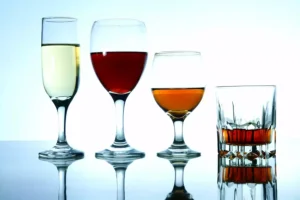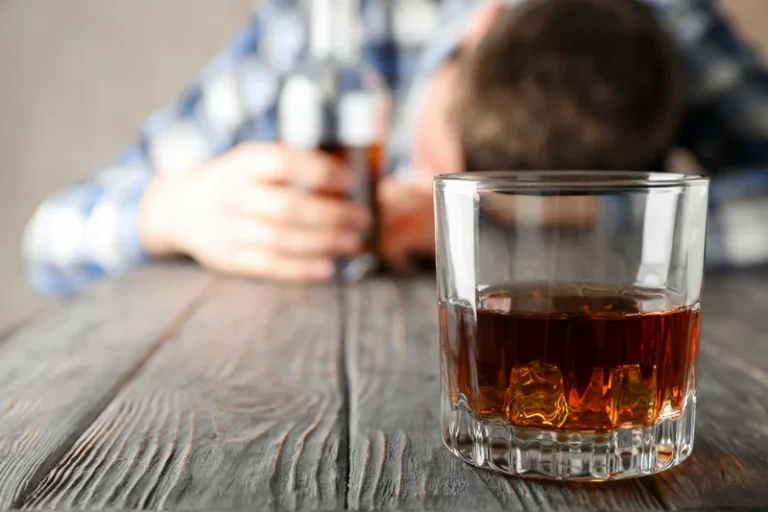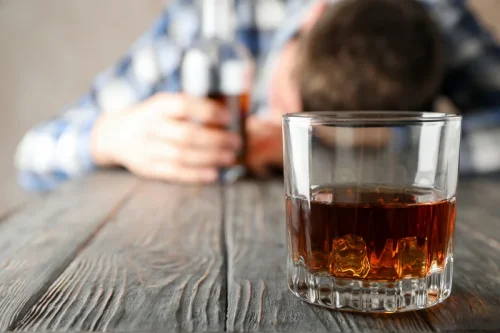
Addiction, on the other hand, is the unruly teenager of the family – rebellious, disruptive, and often wreaking havoc on one’s life despite the negative consequences. Even if you only take drugs as prescribed, it’s important to monitor your substance use. If that substance dependence has a negative impact on your life, you could be at risk of addiction. You can also develop addictions to behaviors like sex, watching porn, using the internet, and gambling. A person can have an addiction without necessarily having a physical dependence. Similarly, a person can have a physical dependence on a drug without feeling compelled to use it.
Partial Hospitalization Programs (PHP)

AddictionResource fact-checks all the information before publishing and uses only credible and trusted sources when citing any medical data. Calls to our general hotline may be answered by private treatment providers. We may be paid a fee for marketing or advertising by organizations that can assist with treating people with substance use disorders. Addiction is primarily a behavioral and psychological issue, often linked to changes in the brain’s reward system. Dependence can occur with the use of certain medications, such as painkillers or antidepressants, even when taken as prescribed. It reflects a physiological adaptation, not necessarily a behavioral addiction vs dependence compulsion.
- A person who is chemically dependent on a drug might show different physiological changes around chronic usage, tolerance levels, and even withdrawal symptoms.
- This means they’ll experience withdrawal symptoms if they decrease the dose or halt use altogether, or they’re unable to experience the effects of the drug at the dose they’ve become used to, known as tolerance.
- This reflects the body’s adaptation to the substance, which requires higher doses to produce the desired outcome.
- If you believe you have an addiction, it’s never too late to look for help.
- It can occur even with prescribed medications when used as directed and doesn’t necessarily signify a loss of control.
Uncover the truth: Do I have an eating disorder? Learn to recognize signs, seek help, and embrace self-care.
They deliver a double punch — they don’t just increase the feel-good dopamine in the brain, but there’s also a need to take them consistently to avoid painful withdrawal symptoms. Now, you might be wondering, “Why on earth should I care about the difference? ” Well, my curious companion, understanding the distinction between addiction and dependence is crucial for several reasons. It affects how we approach treatment, influences societal perceptions, and most importantly, impacts the lives of those grappling with these issues. So, buckle up as we dive deeper into this fascinating topic, exploring everything from the nitty-gritty science behind it to the profound personal and societal implications.

Substance Addiction

While both conditions require intervention, addiction often involves a more comprehensive approach that addresses the underlying behavioral and psychological aspects. Dependence, on the other hand, may primarily require medical management to ensure a safe and gradual withdrawal from the substance. Dependence is defined as a psychological and physical reliance on a substance and losing control of substance abuse. The biggest difference between addiction and dependence is functionality. While a person who is dependent on a drug needs it to feel normal, it’s not creating a lot of chaos in their lives.
The Impact on Individuals and Society
The longer you let this fester, it’ll only hurt you worse in the long term. So when you start recovery, both your body and mind will need time to heal. With alcohol addiction, or severe alcohol use disorder, a person finds it difficult to stop drinking much of the time, not only in certain situations. When addiction to a substance develops, it is called substance use disorder. It occurs when a person has difficulty stopping substance use or engaging in a behavior that provides some type of benefit.
- Addiction involves a powerful psychological component that drives individuals to continue using substances or engaging in behaviors despite the detrimental effects on their health, relationships, and daily life.
- If you or a loved one are struggling with mental health or substance abuse, we can help.
- This is where support systems come into play, acting as a crucial lifeline in the recovery process.
Addiction is defined as the behavior of someone who keeps abusing substances, despite negative consequences. The person’s behavior surrounding the substance progressively becomes more destructive. Users can become addicted to more than one substance, and they can also develop addictions to sex, gambling, food, porn, love, and technology.
- If you or someone you know is struggling with addiction or dependence, don’t hesitate to reach out for help.
- Additionally, dependence can lead to withdrawal symptoms when the substance or behavior is reduced or discontinued.
- Similar to substance abuse prevention programs aimed at addicted persons, specialized training can educate adolescents about the warning signs of online addiction in order to assist early detection.
- Addiction hijacks the brain’s reward system, turning what was once a choice into an overwhelming compulsion.
- To confuse matters further, “substance dependence” was then changed to “substance use disorder” in the new DSM-5.
Give us a call today to speak with one of our representatives about how Clear Behavioral Health can help you begin the healing process from alcohol or drug abuse and or mental disorders. It can occur even with prescribed medications when used as directed and doesn’t necessarily signify a loss of control. To gain a deeper understanding of addiction, it is essential to explore its psychological aspects and the behavioral patterns that often accompany it. Our state-specific resource guides offer a comprehensive overview of drug and alcohol addiction treatment options available in your area. Effective treatment should be tailored to the individual’s specific needs and may involve a combination of interventions.
